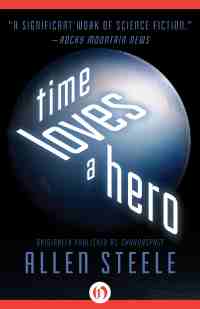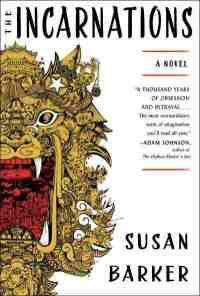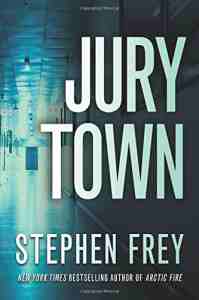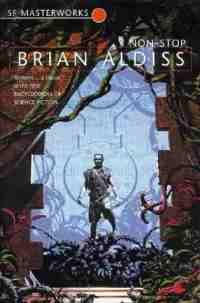The Lightning Stones by Jack du Brul
 Monday, October 12, 2015 at 8:17AM
Monday, October 12, 2015 at 8:17AM 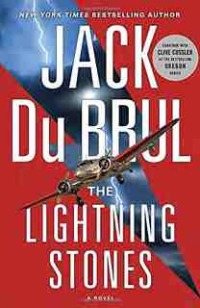
Published by Doubleday on August 11, 2015
Philip Mercer is typical of the modern thriller hero. He has a doctorate, is a former science advisor to the president, has connections all over Washington and the world, and plays action hero in his spare time. Women throw themselves at him and Mercer is so determined to prove he is a “real man” I had the sense that he is hiding some insecurity about his true inclinations. Seriously, does anyone in the current century still feel the need to make fun of “man purses”? In any event, Jack Du Brul gives Mercer more machismo than personality, making him a fairly dull action hero.
Mercer is a geologist who happens to be in a mine shaft that is invaded by a group of commandos who kill a bunch of scientists, including Mercer’s mentor, before making off with a mysterious object. Since they commit this crime in a pitch-black environment, why do they need to “kill all the witnesses”? Only to give Mercer an excuse to get in on the action. Despite a chase involving a front-end loader (a standard prop in thriller movies), Mercer can’t prevent the killers’ escape. Naturally, he swears to get revenge, because that’s what geologists do.
Du Brul’s prose isn’t bad, although it would have been improved by stronger editing. Too many clunky passages and phrases like “harsh and unforgiving land” and “hail of lead” and “a riot of hot lead” and “lead filled the air” get in the way of Du Brul’s storytelling.
Mercer postures himself as the voice of reason on the issue of climate change, all the while belittling anyone who takes the issue seriously. To advance his argument, which amounts to a contention that there’s no need to regard global warming as a problem or to take action in response to it, Mercer sets up strawman arguments and knocks them down. That’s a lot easier and a lot less honest than having characters engage in a serious discussion. Mercer’s oft-repeated claim that scientists are incapable of projecting future trends from historic data made me wonder how he ever managed to serve as a presidential science adviser (unless he served a president who wasn’t interested in science). Nobody claims that predictions of climate change can be made with precision but to say that they can’t be made at all is just foolish.
It’s also a little baffling that Mercer (who isn’t a climate scientist) repeatedly expounds the myth that global warming has inexplicably “paused,” a claim that was debunked by an NOAA study that was recently published in Science. Mercer’s willingness to overlook facts that don’t support his agenda, coupled with his consistent portrayal of environmentalists as “freaks” and terrorists, betrays a political agenda that overshadows the novel’s dramatic content.
I don’t care one way or another about the political opinions expressed by fictional characters (even the fanciful declaration that Herbert Hoover “remains one of the most respected presidents this nation ever produced”), but when a writer feels the need to use fiction to advance a political agenda, it diminishes my interest in the novel. And when an author’s character derides others for using science to “push an agenda” while the author is using a novel to do exactly that, it diminishes my respect for the author -- particularly when the author distorts facts to achieve that end.
To be fair, one or two action scenes generate a fair amount of excitement. When the story wasn’t diverging from the plot to lecture the reader, it held my interest. If there had been more action and less pontification, I might have given this novel a guarded recommendation, although even if Mercer kept his political opinions to himself, I would still be troubled by the fact that he is such a shallow, self-impressed character.
NOT RECOMMENDED
